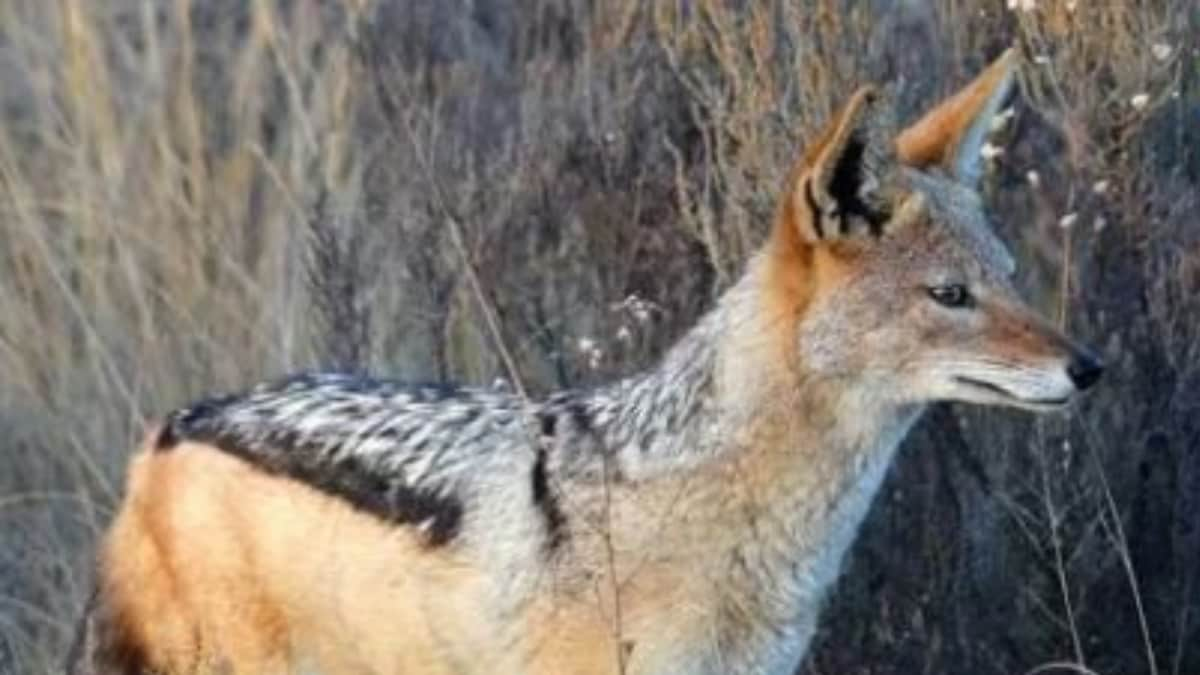A series of jackal attacks in two villages in India’s Jehanabad district left seven people injured, including two children. The incident, which occurred in the villages of Suswar and Pansoli, has raised concerns about the growing threat of wild animals in human settlements. While initial reports suggested the attacks were perpetrated by a pack of wolves, investigation confirmed a single jackal was responsible.
The Incident: A Shocking Display of Animal Aggression
On Saturday morning, as villagers were heading to their fields, they were suddenly attacked by a lone jackal. Five men and two children, aged nine and three, sustained injuries in the assault. The victims were promptly transported to a nearby hospital for medical treatment.
The incident came as a shock to the local community, highlighting the dangers of wildlife encounters in densely populated areas.
The Role of Habitat Loss and Human-Animal Conflict
The attacks serve as a stark reminder of the increasing encroachment of wildlife into human settlements, driven largely by habitat loss and shrinking prey populations. Jackals, traditionally found in rural and forested areas, are increasingly seeking food and shelter in human-dominated spaces.
This encroachment inevitably leads to conflicts, where both humans and animals are at risk.
Official Response: Investigation and Safety Measures
Local authorities swiftly responded to the incident, with police, administration officials, and a forest department team arriving at the site to investigate the matter. The Division Forest Officer (DFO) Manish Singh emphasized the importance of staying vigilant, announcing the forest department’s heightened state of alert in light of the incident.
The DFO further clarified that the initial reports claiming the attack involved wolves were incorrect and that the culprit was a single jackal.
Public Response and Concern
Local MP Jitin Prasada contacted villagers by phone to inquire about the incident and offer support. The event prompted concern and a sense of unease among the residents, who are now fearful of further attacks.
This incident highlights the need for comprehensive strategies to address the growing human-animal conflict, safeguarding both human safety and preserving wildlife populations.
The Need for Proactive Measures: Preventing Future Attacks
The recent attacks call for a proactive approach to mitigating future incidents. Some important steps to consider include:
1. Habitat Restoration:
Protecting and restoring natural habitats for jackals and other wildlife can significantly reduce their need to encroach upon human settlements.
2. Community Awareness Programs:
Educating villagers about safe coexistence with wildlife is crucial. These programs should cover best practices for reducing the risk of encounters and the importance of responsible waste management to prevent attracting animals.
3. Population Control and Monitoring:
Monitoring wildlife populations and managing their numbers through safe and ethical methods is necessary for sustainable coexistence.
Take Away Points
The jackal attacks in Jehanabad serve as a poignant reminder of the increasing challenges of human-wildlife conflict. A proactive and collaborative approach is essential to ensure both human safety and the preservation of wildlife. Investing in habitat restoration, promoting awareness, and implementing sustainable population management practices are key steps toward creating a future where humans and animals can coexist peacefully.




